While still evolving, Brain-computer interfaces (BCIs) will soon do much more than just allow users to play games.



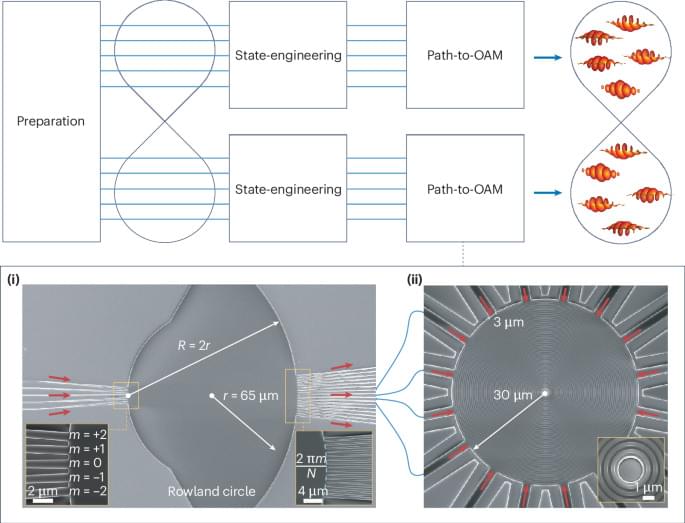
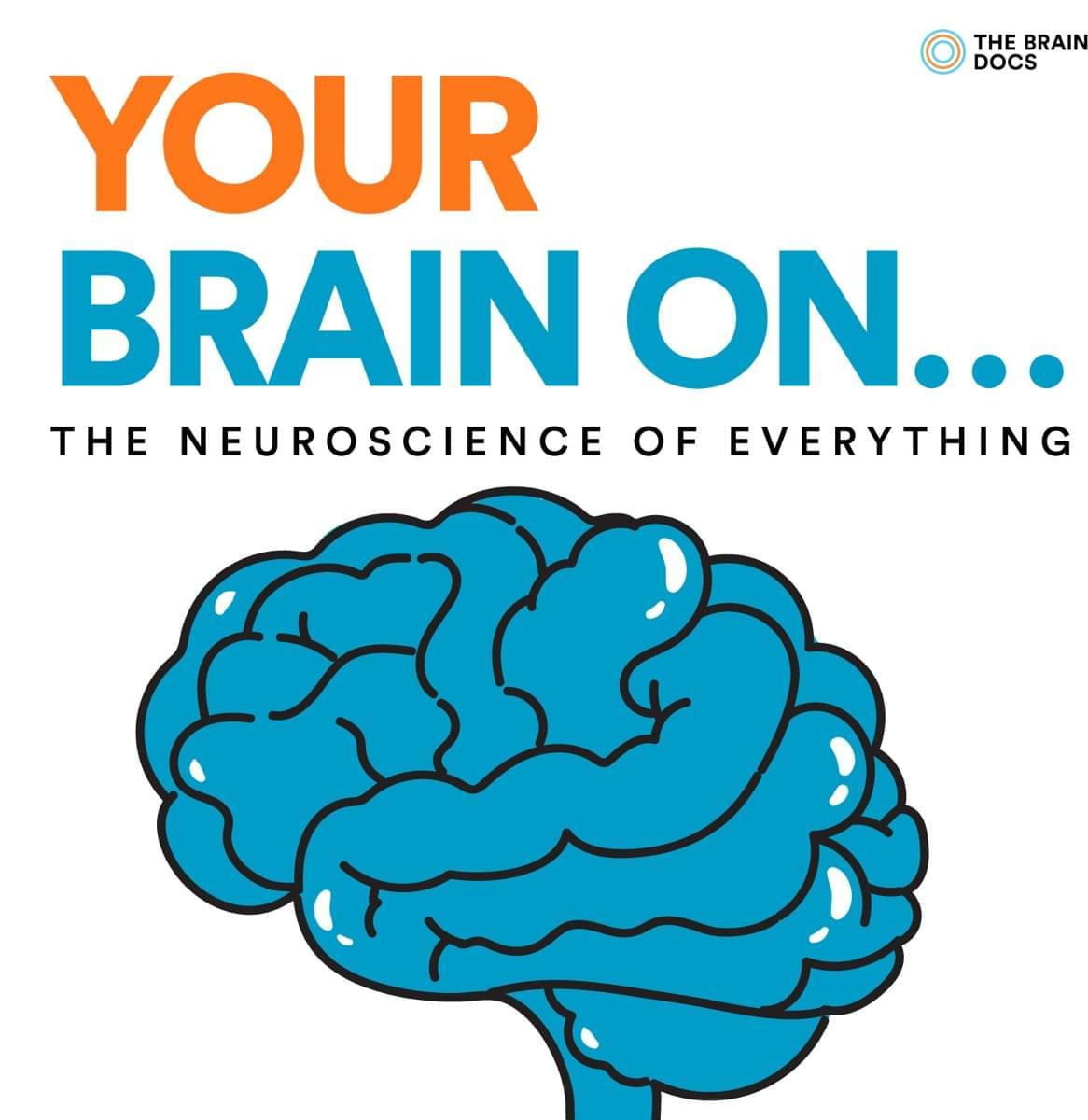
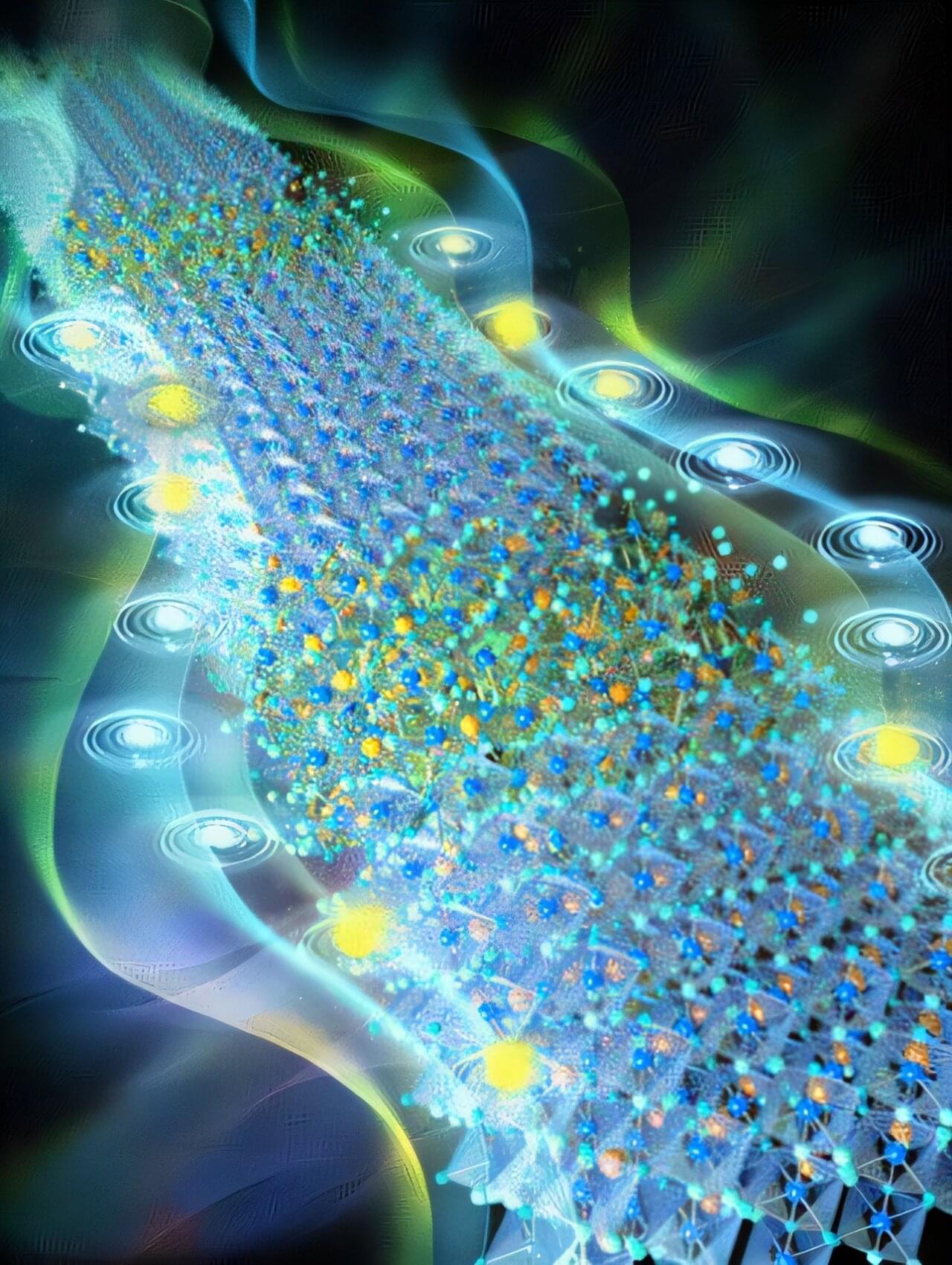
A team from the University of Science and Technology of China (USTC) of the Chinese Academy of Sciences (CAS) has resolved a critical challenge in pure-red perovskite light-emitting diodes (PeLEDs) by identifying and addressing the root cause of efficiency loss at high brightness.
Published in Nature, their study introduces a novel material design that enables record-breaking device performance, achieving a peak external quantum efficiency (EQE) of 24.2% and a maximum luminance of 24,600 cd m-2 —the brightest pure-red PeLED reported to date.
Pure-red PeLEDs, crucial for vivid displays and lighting, have long faced a trade-off between efficiency and brightness. While 3D mixed-halide perovskites like CsPbI3-x Brx offer excellent charge transport, their efficiency plummets under high current due to unresolved carrier leakage.
Recent findings from the Dark Energy Spectroscopic Instrument suggest the possibility of new physics that extends beyond the current standard model of cosmology. Using the lab’s new Aurora exascale computing system, the research team conducted high-resolution simulations of the universe’s evoluti
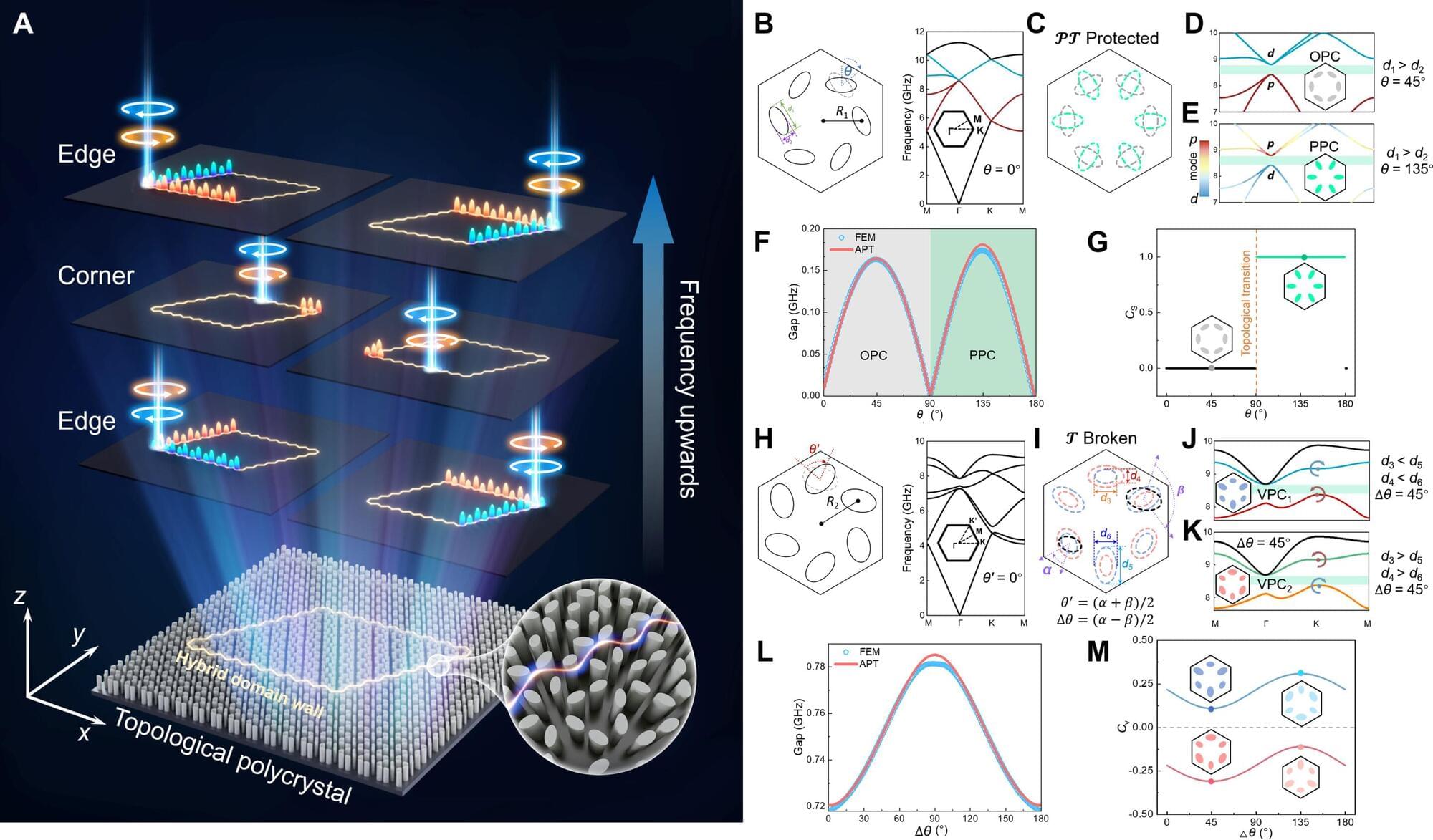
Molding the flow of light—whether confined to localized regions or propagating in free space—remains crucial for modern integrated photonics. The advancement of the multi-channel, programmable optical waveguide and coupler arrays has enabled us to develop photonic integrated circuits (PICs) as a viable alternative to electronic ones, overcoming limitations in processing speed, bandwidth, and efficiency across the optical-to-microwave spectrum.
However, as on-chip complexity grows, we face significant challenges regarding long-term stability and fabrication-induced defects, making operational reliability critical for practical applications.
The increasing demand for high-capacity information processing drives our need for more complex PICs with additional channels. In this context, topological photonics offers promising solutions due to its inherent robustness against defects.

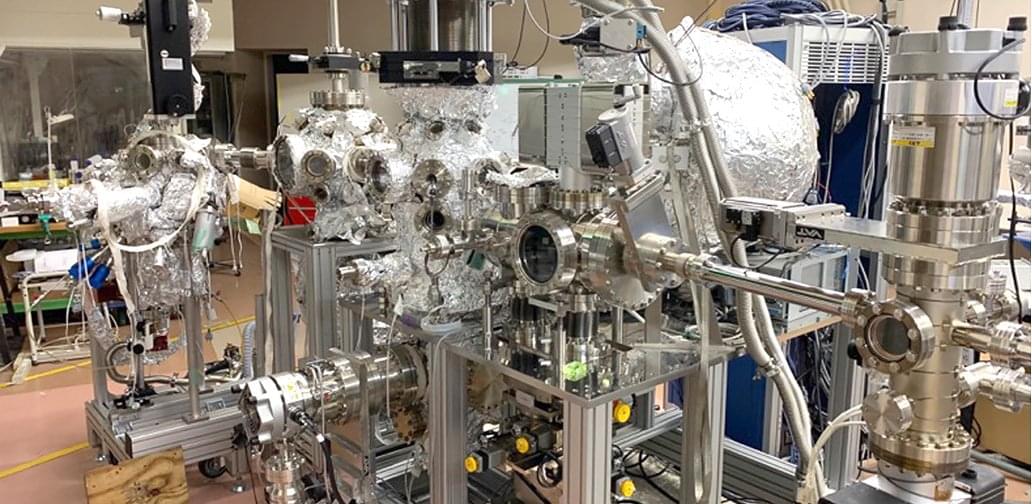
The rules about magnetic order may need to be rewritten. Researchers have discovered that chromium selenide (Cr₂Se₃) — traditionally non-magnetic in bulk form — transforms into a magnetic material when reduced to atomically thin layers. This finding contradicts previous theoretical predictions, and opens new possibilities for spintronics applications. This could lead to faster, smaller, and more efficient electronic components for smartphones, data storage, and other essential technologies.
An international research team from Tohoku University, Université de Lorraine (Synchrotron SOLEIL), the National Synchrotron Radiation Research Center (NSRRC), High Energy Accelerator Research Organization, and National Institutes for Quantum Science and Technology successfully grew two-dimensional Cr₂Se₃ thin films on graphene using molecular beam epitaxy. By systematically reducing the thickness from three layers to one layer and analyzing them with high-brightness synchrotron X-rays, the team made a surprising discovery. This finding challenges conventional theoretical predictions that two-dimensional materials cannot maintain magnetic order.
“When we first observed the ferromagnetic behavior in these ultra-thin films, we were genuinely shocked,” explains Professor Takafumi Sato (WPI-AIMR, Tohoku University), the lead researcher. “Conventional theory told us this shouldn’t happen. What’s even more fascinating is that the thinner we made the films, the stronger the magnetic properties became—completely contrary to what we expected.”
